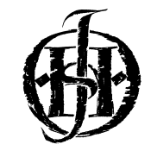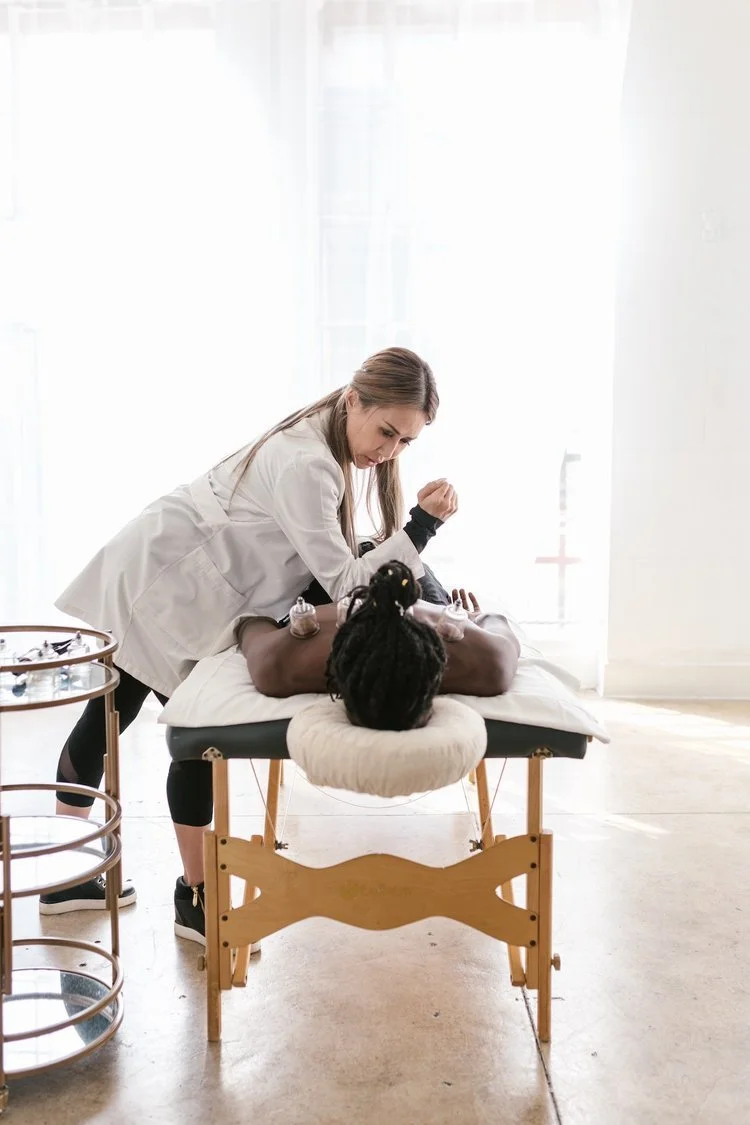Healthcare is Not a Right
Healthcare is a responsibility, not a right. I know, Bernie Sanders begs to differ and this may be seemingly a controversial statement. Actually, this isn’t an extreme idea and is in agreement with the Bernie philosophy. Healthcare as a responsibility is an idea that would bring clearer focus to the issues surrounding healthcare, like cost, availability, economic prejudices, and healthy lifestyles. The suggestion that healthcare is a right is a political statement based on the distorted view that health comes from the techno-driven industrial medical complex that controls what people consider to be care of health.
Sick care as healthcare
The political and commercial healthcare concept is not necessarily about health. As is often said, this is a “sick care” system, not care of the health. Healthcare as a responsibility does not dismiss a system, such as “medicare for all,” “single-payer,” or “universal healthcare,” that would open common industrial medicine to all without fear of bankruptcy, poor care or no medical assistance at all. It would be somewhat logical to think that if healthcare were promoted as a responsibility, not a right, and include universal healthcare coverage, it would encourage a more preventative care system. Even though, you’d think the existing unaffordable and dysfunctional healthcare system would have already moved people to embrace preventative self-health.
Whose health is it?
Health responsibility does require education and new marketing that needs to penetrate the larger masses. It seems odd that many people who are burdened by the cost and structure of todays medical system have a bias against self-care, such as herbs, diet and meditation. This could be due to the strong marketing and the societal influence of mainstream medicine and the industrial food industry.
One of the biggest healthcare problems in western society is the lack of care by the individual for their own health.
By dictionary definition, healthcare is the “organized provision of medical care to individuals or a community.” In today’s reality, this would infer that healthcare is the responsibility of an outside entity, meaning not the person whose health it is. One of the biggest healthcare problems in western society is the lack of care by the individual for their own health. The idea of self-care has creeped into the mainstream at a slow pace, especially evident since the 1970’s. It still has a long way to go.
The alternative
Preventative and less invasive medical care is defined as “alternative” or “complementary” medicine. These terms diminish the value of herbals, diet and natural medicines, and are more in line with a marketing strategy than a definition. If I had an illness and my chosen treatment was not effective I may turn to an alternative or complementary medicine, which, for me, would be a pharmaceutical or surgery. We’ve been programmed to accept mainstream medicine as the only way to go, unless you want to risk your life with unproven alternatives. People do fear going against the mainstream, demonstrating the power of fear-based industrial medical marketing. It should be mentioned that todays high-tech medicine has its moments of being amazing and effective, though its cost and damaging side-effects would best place modern technology as a secondary, complimentary, medicine. Well, in a larger discussion the choice would be based situationally, as an integrative program seeing all medical care as equal and based on best for the condition and person.
Thousands of years of herbal use, along with other medical practices such as Ayurveda and Traditional Chinese Medicine, has lasted due to proven effectiveness.
Healthcare pre-ego
Part of the mainstream medical marketing is to dismiss natural remedies as not being the required “evidence-based medicine.” There is ample data, evidence-based, peer reviewed and legitimate studies for many natural and plant based medical treatments. Thousands of years of herbal use, along with other medical practices such as Ayurveda and Traditional Chinese Medicine, has lasted due to proven effectiveness. A simplified way of thinking about this is to go pre-ego and pre-financial benefit. Think about the very earliest use of herbal medicine by our ancestors. It worked for somebody (through instinctive and evolutionary behavior) and was shared, growing into a remedy. The reason I say pre-ego and financial benefit is because at the earliest stages of natural healing there was nothing to gain. If the herb or practice didn’t work for the ailment when it was shared, and having no ego or financial attachment to it working, the use would have been dropped and never passed on.
Controlling health care
We now have knowledge, thanks to advances in science, that alert us to the many causes of disease. Much of which is due to poor lifestyle habits and emotional conditions. This has helped to grow the wellness industry. Self-health has grown considerably and is a multi-billion dollar business. The threat to the pharmaceutical and medical industries of this growth has created strong marketing to displace self-health care, over regulate it, and also to make attempts to take it over, incorporating it into the mainstream medical system (or take it on to eliminate it). Self-care can be out-of-pocket expensive. It’s not available to all, as is evident from what are called “food deserts,” mostly in rural and low income areas.
Pharmaceutical companies need to own patents to create corporate value.
Pharmaceutical companies need to own patents to create corporate value to things like herbal medicine. This means changing molecular structure and other methods that alter the “natural” aspect, which turns the natural substance into a pharmaceutical. There’s a balance to nature that can’t be rearranged for most effective and least invasive results. Most self-care remedies are plant based and widely available, making it hard for the pharmaceutical industry to control the monetary benefits from their sale. Herbals and natural remedies would be a cost effective addition to a system of universal health care if left outside of the control of the medical conglomerates
Lifestyle and preventative care
Talking about herbals and natural care such as acupuncture, reflexology and such, is slightly off point. Healthcare being a responsibility is more focused on lifestyle and preventative care. This really messes with some huge global industries. The soft drink, candy, processed foods, commercial farming (Big Ag), alcohol, and other unhealthy lifestyle companies would all suffer as health care becomes determined by dropping unhealthy habits. Marketing and political lobbying stabilize these industries in the mainstream. Meditation, a powerful preventative practice, is basically a free service, potentially eliminating billions of dollars in industrial medical care. A disruption in these industries could cause considerable economic distress. This is similar to the attempt to go from fossil fuel to renewable carbon free energy. There may be a bumpy exchange as we let go of the old while creating new economic opportunities. This is happening, slowly.
The flow of change to a healthier society will be much greater, and a world of people much happier, when healthcare is viewed as a responsibility. Everybody has health. We need to own our health and not continue to give it away to larger corporations and governments. A system of universal healthcare, with a strong focus on self-care, would help to promote healthier lifestyles, and remove some of the fears sold by the medical complex and pharmaceutical industries. Self-care responsibility isn’t just about the self, it’s care for all, including the planet.




